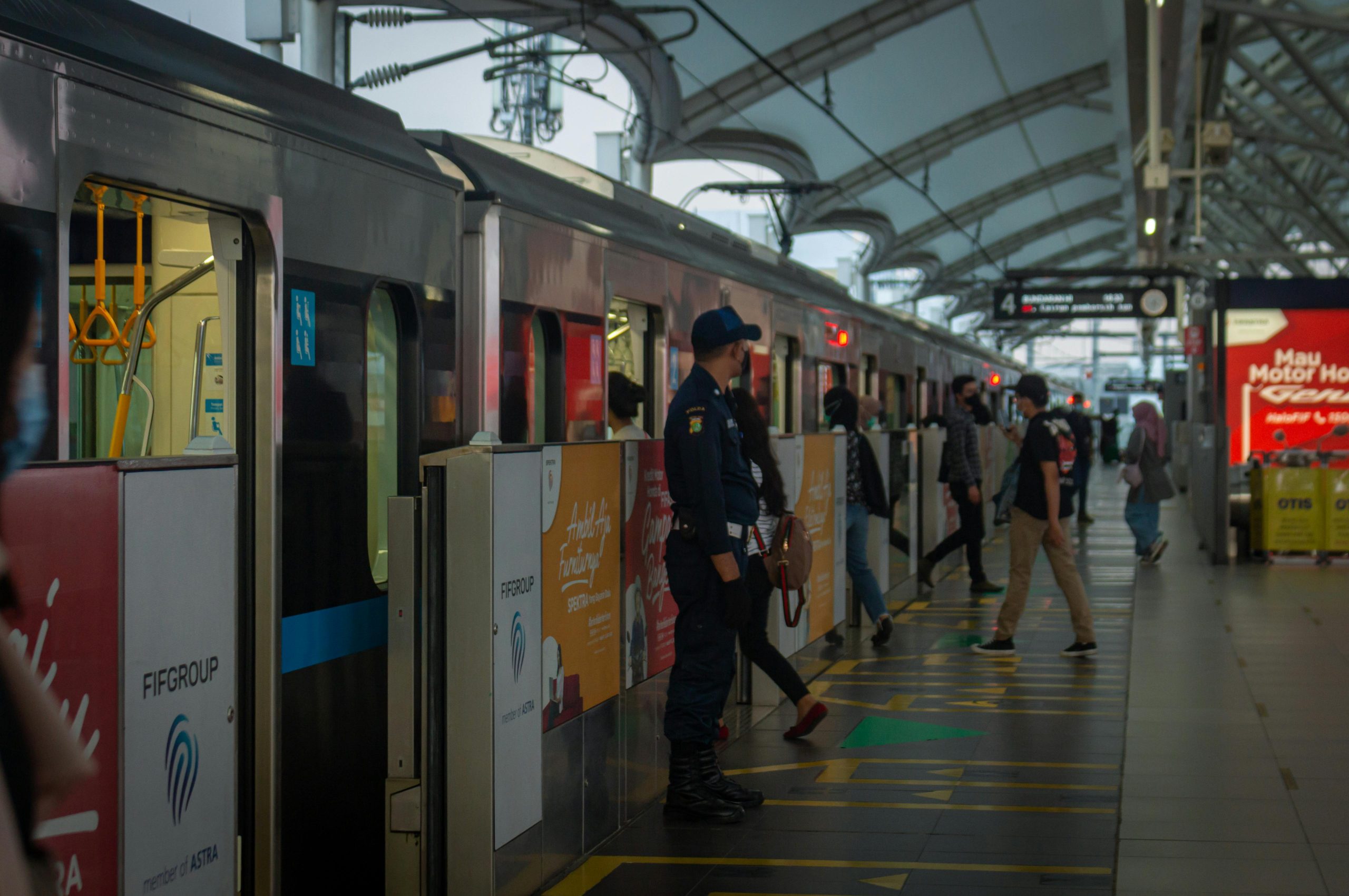Understanding Candidate No-Shows in Job Interviews: Causes and Strategies
Recruitment challenges are an ongoing aspect of business management, and one particularly perplexing issue is the phenomenon of candidates failing to attend scheduled interviews without any notice. Recently, my organization faced this problem while seeking to fill an administrative position resulting from a retirement. Despite advertising the role for about a month and receiving a handful of applications, only a fraction of those invited to interview actually showed up. Out of seven candidates scheduled, only two attended, while the remaining five either neglected or refused to communicate their absence.
This experience has prompted a deeper investigation into the possible reasons behind such no-shows and how employers can effectively address this challenge.
Common Motivations Behind Candidate No-Shows
-
Jobseeking Motivation and Benefit Claimed
One prevalent explanation is that some candidates might be claiming unemployment benefits and are required to apply for a certain number of jobs to maintain their eligibility. In such cases, they may accept interview offers to appear compliant without genuine interest in pursuing employment. -
Existing Employment Status
Interestingly, not all applicants are unemployed. In our case, at least two individuals were currently employed elsewhere, suggesting that other factors influence their decision to miss interviews. -
Candidate Qualifications and Perceptions
Sometimes, highly qualified candidates perceive the role as misaligned with their career goals or experience. An example from our experience involves a candidate with an academic background so specialized that initial dismissal was considered. However, a follow-up conversation led us to revisit the application, only for the candidate to ultimately not attend the interview, despite expressing enthusiasm during the call.
Broader Factors Contributing to No-Shows
-
Lack of Job Engagement or Seriousness
Candidates may accept interview invitations casually, especially if they are exploring multiple opportunities without genuine intent to accept an offer. -
Scheduling Conflicts or Oversights
Sometimes, missed appointments are due to forgetfulness, miscommunication, or logistical issues. -
Cultural or Psychological Barriers
Factors such as anxiety, fear of rejection, or distrust in the hiring process can deter candidates from following through. -
Negative Experiences or Mistrust
Past experiences with unprofessional conduct, offers rescinded last-minute, or overly complex hiring processes can contribute to hesitancy.
Strategies to Mitigate Candidate No-Shows
- Clear and Confirmed Communication
Send detailed interview invitations with









